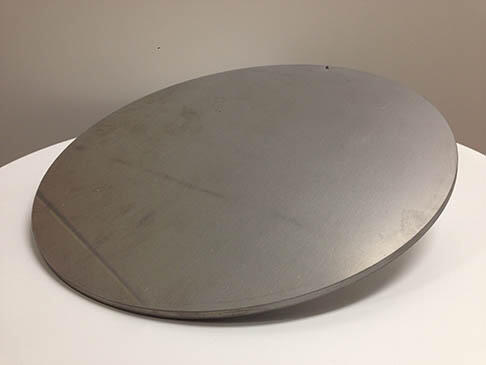Controlled expansion alloys

We provide alloy materials with a small thermal expansion coefficient. Our products contribute to improved performance in the following fields: processing machineries, measuring instruments, optical devices, and precision parts
We provide alloy materials with a small thermal expansion coefficient. Our products contribute to improved performance in the following fields: processing machineries, measuring instruments, optical devices, and precision parts We provide products that meet your needs.
Metal Materials & Manufactured Goods
Features
Along with the development of industrial technologies, demands for higher processing accuracy are increasing, and it is becoming important to take measures against heat deformation. To ensure the accuracy of various equipment, components, and parts, please consider using alloy materials that have a small thermal expansion coefficient.We provide products that meet your needs.

Applications
- Optical device parts
- Optical communication-related devices
- Semiconductor devices
- Thin-film processing devices
- FPD production devices
- Lead frames
- Block gauges (reference strip for length)
Product Specifications/Summary
| MA-INV36 (low-expansion material) | Has only one tenth of the thermal expansion of iron and general alloys. |
|---|---|
| MA-S-INVER (low-expansion material) | At a value near zero, it has the least thermal expansion of any metal material. |
| MA-F15KV (sealing material/constant modulus material) | Long known as alloy for sealing hard glasses. Since its thermal expansion is similar to hard glasses and ceramics, this material has excellent settlement ability and workability. |
| MA902 (sealing material/constant modulus material) | Known as alloy with a very small thermal coefficient of Young's modulus. Its coefficient of thermal expansion is also small. It can achieve high strength by selecting the appropriate heat treatment conditions. |
| MA-B2 (high-strength, oxidation-resistant, and low-expansion material) | This is originally a corrosion-resistant material that has corrosion resistance against hydrochloric acid of any density at the boiling point at a maximum. It is is also used as a material for electronic componants. Since it is non-magnetic, it is suitable for parts that are averse to magnetic fields. |
| SUS304 (comparison material) | Mainly used as a corrosion-resistant material in the petrochemical industry, etc. and also commonly used for low- and high-temperature industrial applications and consumer durables. |
MA-S-INVER : Commonly called super invar
MA-F15KV : Commonly called kovar
MA902 : Commonly called NI-SPAN-C
